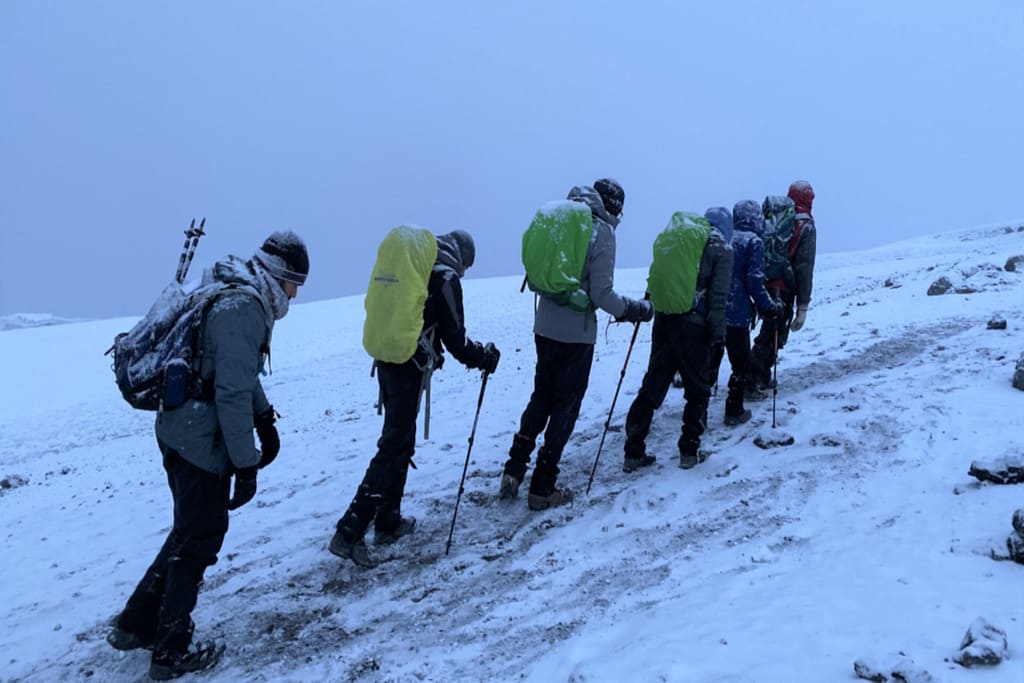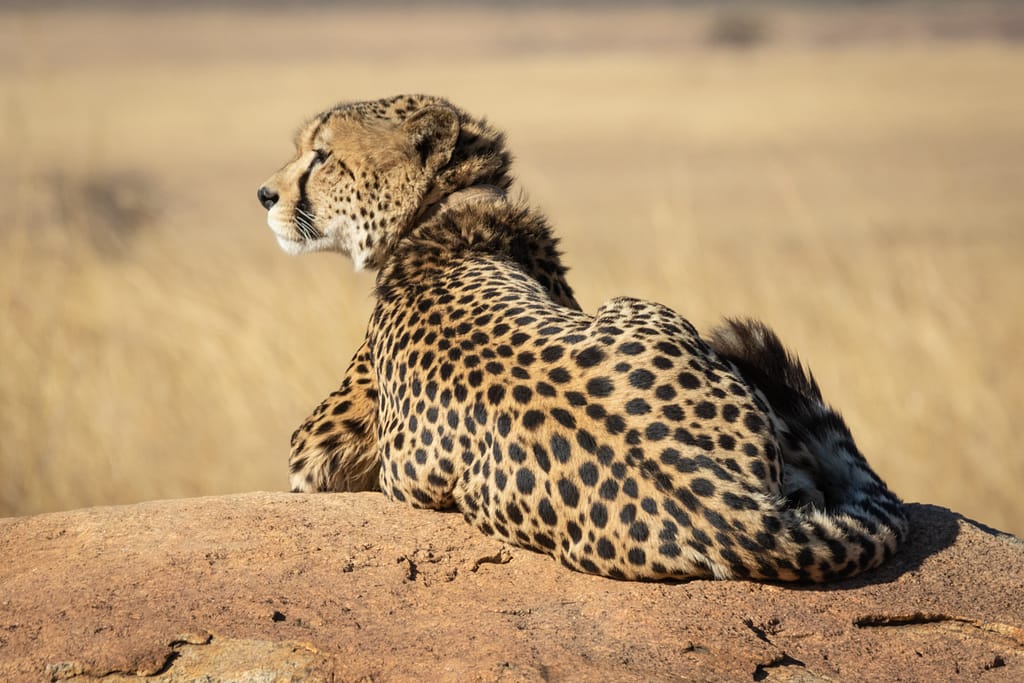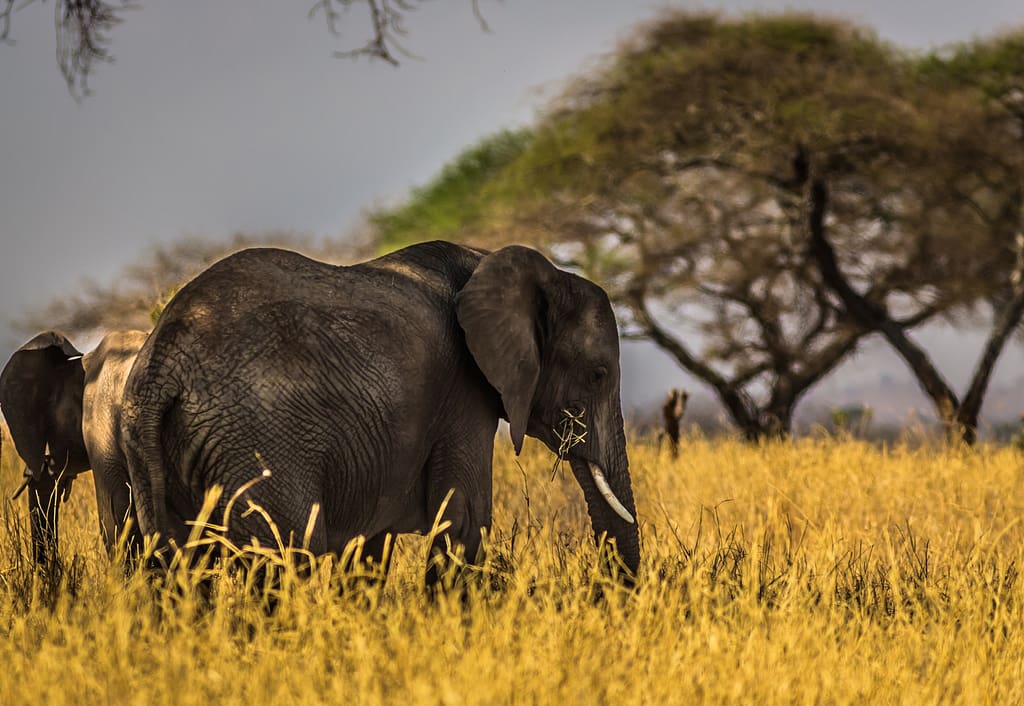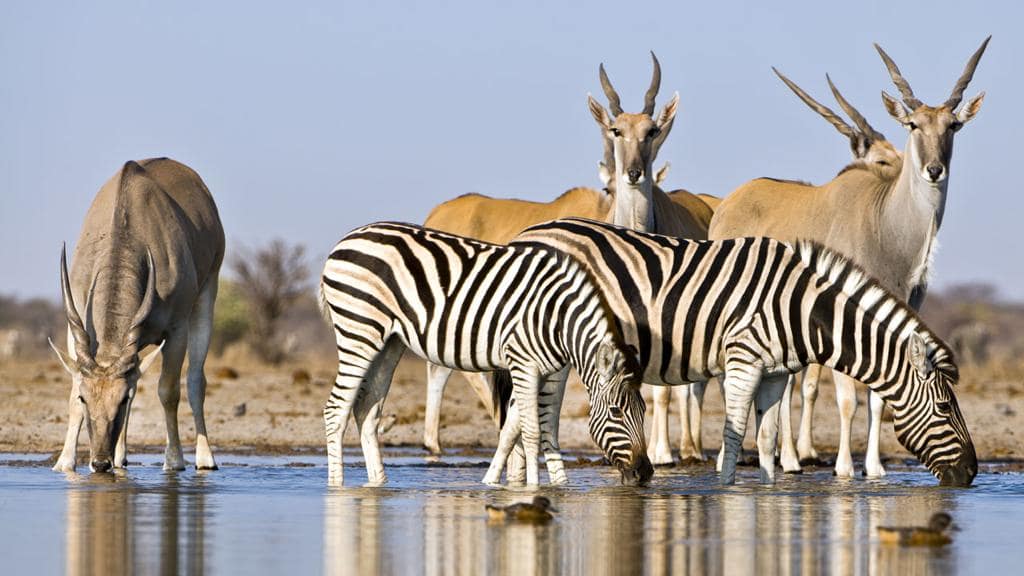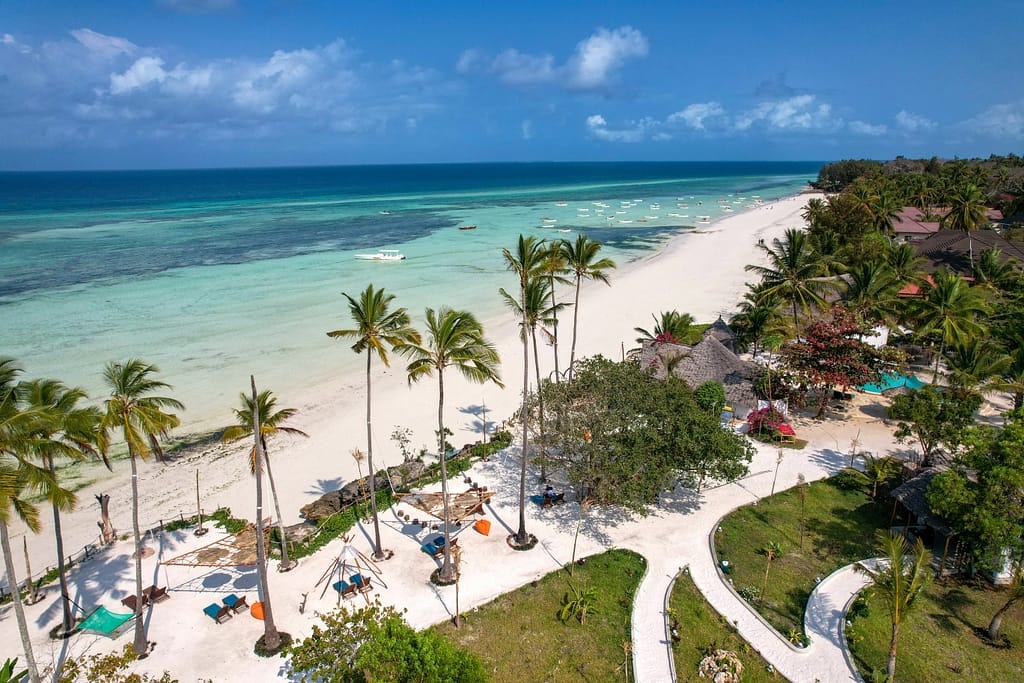
When is the best time to climb Mount Kilimanjaro? you might ask. Well, the weather on Mount Kilimanjaro has an impact on your trip and your chances of success. When is the optimum time to climb Kilimanjaro is a crucial decision.
On Mount Kilimanjaro, bad weather not only makes for a horrible hike and destroys your images, but it also makes the trek twice as difficult!
If the weather on Mount Kilimanjaro is good, you have a far better chance of reaching the top.
Kilimanjaro is located near the equator. There is no such thing as summer and winter in the tropics. There are only two seasons: dry and rainy. Alternatively, there are “dry seasons” and “wet seasons.”
Climbing Kilimanjaro during the rainy season necessitates trudging through ankle-deep mud for the first few days.
Fog and mist are common at higher elevations, and moisture will slowly but definitely seep into your clothes, gear, and bones…
You may have to fight your way to the top through ice and snow. Moisture in your clothes and other items will not help you deal with the cold up there.
There are, however, different viewpoints to consider. Temperatures, views, and, of course, the quantity of people on the summit are all factors to consider. As is customary, there is no one-size-fits-all answer or single optimum time to climb Kilimanjaro.
So, let’s have a look at Mount Kilimanjaro’s weather throughout the year.
When is the best time to climb Mount Kilimanjaro?
When Should You Climb Mount Kilimanjaro Based on the Weather?
During the months of April and June,
The rainy season runs from the end of March until the middle of June. It is impossible to forecast when it will rain and when it will cease, just as it is impossible to predict when it will rain someplace else on the world. It’s the hottest time of year in Tanzania, yet the months of April and May are so wet that many operators don’t even offer treks during that period.
During the months of June and August,
The rain stops and the temperatures on Kilimanjaro begin to drop. The weather on Kilimanjaro is dry and clear throughout the day, but it will be bitterly chilly at night. The month of June is peaceful, but as the year continues, the number of climbers grows.
August and October are the best months to visit.
The peak climbing season on Kilimanjaro occurs in August and September. The weather is pleasant, with many clear days and temperatures higher than in June and July. However, clouds may blanket the forest/moorland zone, and rain may fall on the southern routes on the first several days. However, once you leave the rain forest, everything is OK! The pleasant weather lasts until around mid-October, when the preparations for the short showers begin.
The months of October and November
Mount Kilimanjaro’s weather grows more insecure, and the number of climbers decreases. The wetter season begins with afternoon clouds and occasional thunderstorms, as it does in all tropical regions of the world.
This should not pose any serious issues as long as you are prepared to withstand the occasional shower.
November and December are the last months of the year.
The small rainy season begins in November and lasts until mid-December. The temperature has fallen, and the rain has arrived, bringing with it all of the dangers I mentioned at the beginning of the page. The time to climb Kilimanjaro is not ideal.
December and January are the coldest months of the year.
Kilimanjaro’s second peak climbing season lasts 4 to 6 weeks around Christmas and New Year. Despite the fact that there is still a probability of rain and thick clouds in the lower regions, traffic is particularly heavy. It’s not a moment I’d like.
During the months of January and March,
Climbing Mount Kilimanjaro between mid-January and mid-March is also a wonderful time. The weather is pleasant, not too cold or damp, and there are fewer climbers than usual. The days are mostly dry and clear, with only a few clouds and a few brief showers

